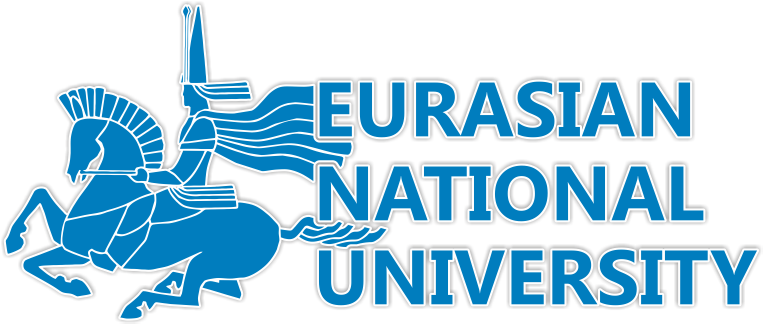On March 5, 2021, within the framework of the VII International Scientific and Practical School on International Law on the topic "Actual problems of theory, practice and teaching of international law" held in online format from March 1 to 10, 2021, a lecture was held on the topic: " Actual aspects of the implementation of international legal responsibility" Ilyashevich Marianna Viktorovna, candidate of law sciences, docent of the Department of International Law, Peoples' Friendship University of Russia (Moscow, Russia).
All problems related to the implementation of international legal responsibility are certainly fundamental in nature. The implementation of international legal responsibility contributes to the establishment of international order and the harmonization of international rules. Attempts to implement international legal responsibility in the XX-XX1 centuries were undertaken within the framework of the League of Nations, but they were not crowned with success due to the contradiction in the positions of states on various issues. In addition, such attempts were undertaken by a number of scientists, for example, the project of the Harvard Law School, in which experts found understanding. And, of course, the most important thing is that work on this topic has started within the framework of the UN International Law Commission.

The topic related to international legal responsibility is one of the first topics that the International Law Commission worked on and is suitable for the codification of progressive development. At the 8th session of the UN General Assembly on December 7, 1953, Resolution № 779 was adopted, which initiated work on a project to codify the principles of international law governing the international legal responsibility of states. Subsequently, it was decided to start the process and one of the first speakers, García Amador, was appointed. As a result, in 2001, the draft articles on the responsibility of States for an international wrongful act were adopted. On December 6, 2007, the General Assembly again drew attention to the document and decided to continue consideration of this issue and, nevertheless, to seek the adoption of a Convention on the implementation of the responsibility of States for an international wrongful act. The same was repeated in subsequent resolutions and, in general, we can say that the work is still not over. And the opinions of the states were divided into two. Some states said that it was necessary to convene an international conference, while the other half wanted to leave everything as it is.
Every international wrongful act of states entails the international responsibility of that state. The Commission was fully engaged in the codification of those norms that at that time were well-established. It is also very important that the Draft indicates the qualification of an act of states as internationally wrongful is determined precisely by international law. This is in line with the principle of fulfilling international obligations in good faith, regardless of their origin. The qualification of the act is not affected by its qualification as lawful under domestic law.
With regard to the basis for the onset of responsibility, the members of the International Law Commission, when discussing this issue, had different positions. Previously, the basis for the occurrence of responsibility was a triad, there had to be damage, an internationally wrongful act and a causal relationship between them. But in the process of discussing this provision, the members of the Commission abandoned the need for damage. Any fact of violation of an international obligation can be considered as damage. The criterion of damage was no longer one of the grounds for the occurrence of international legal responsibility.

At the end of the lecture, the lecturer answered the audience's questions of interest. One of them concerned the practice of teaching international law. The lecturer noted that the practice-oriented course of teaching international law helps in this matter, as well as the fact that she trains the team in the International Law Competition. F. Jessup, which helps to structure the argumentation. The second question concerned the peculiarities of the international responsibility of international organizations. The lecturer replied that the Commission considered these issues separately and in 2011 the Draft Articles on the responsibility of international organizations was adopted. It is generally accepted that it is the international organization itself, as an autonomous subject of international law, that should bear international legal responsibility, but in some cases this responsibility can also be transferred to the member states of this organization.
At the end of the lecture, the audience thanked the lecturer for an informative and interesting report.


